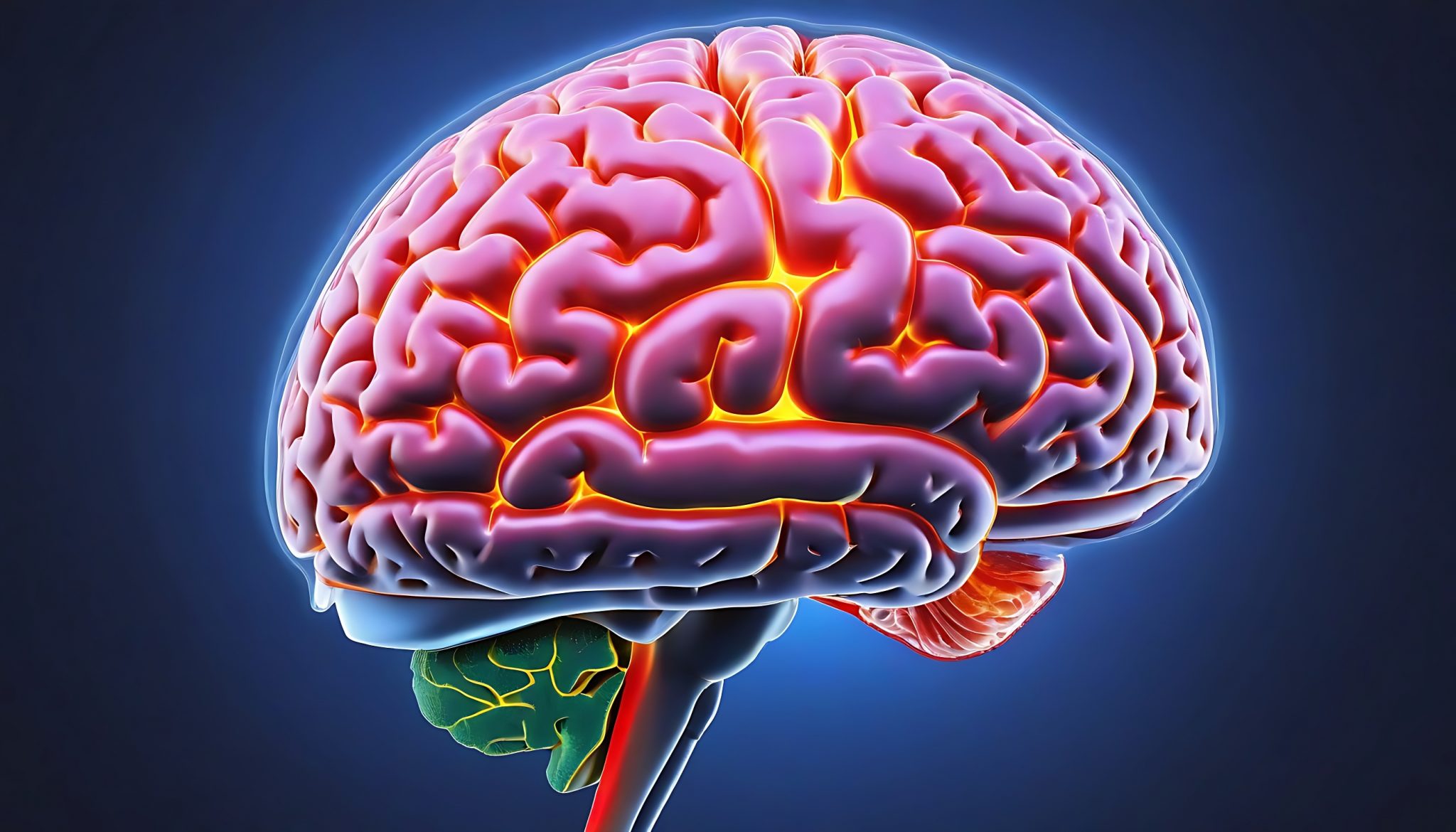
Inflammation and ADHD: Exploring Natural Solutions
Attention Deficit Hyperactivity Disorder (ADHD) is a neurodevelopmental disorder characterized by persistent patterns of inattention, hyperactivity, and impulsivity. While the precise etiology of ADHD remains complex and multifaceted, recent research shows an important and intriguing connection between inflammation and the development / exacerbation of ADHD symptoms.
The Neurological Basis of ADHD:
ADHD is commonly associated with dysregulation of neurotransmitters, particularly dopamine, norepinephrine, and serotonin. These neurotransmitters play crucial roles in regulating attention, impulse control, and executive functions. Genetics, external environment, and the body’s internal biochemistry all contribute to alterations in neural pathways, leading to the manifestation of ADHD symptoms.
Inflammation and its Role in Neurological Disorders:
Inflammation is the body’s natural response to injury, infection, or stress. It involves the release of various signaling molecules, such as cytokines and chemokines, which coordinate the immune response. While acute inflammation is a protective mechanism, chronic inflammation has been implicated in various neurological disorders, including ADHD, Alzheimer’s disease, Parkinson’s disease, and mood disorders.
The Inflammatory Connection:
1. Neuroinflammation and Brain Function:
Inflammation in the central nervous system, known as neuroinflammation, can impact various brain functions, including neurotransmitter regulation and synaptic plasticity. Disruptions in these processes have been linked to ADHD symptoms. Studies have shown increased levels of inflammatory markers in the brains of individuals with ADHD.
2. Cytokines and Immune Dysregulation:
Cytokines, signaling molecules involved in the immune response, play a crucial role in the inflammatory process. Elevated levels of certain cytokines have been observed in individuals with ADHD. This immune dysregulation may influence neural circuits related to attention, impulse control, and executive functions.
3. Blood-Brain Barrier Permeability:
Chronic inflammation can compromise the integrity of the blood-brain barrier, a protective barrier that regulates the passage of substances between the bloodstream and the brain. Increased permeability may allow immune cells and inflammatory mediators to enter the brain, potentially impacting neural function and contributing to ADHD symptoms.
4. Maternal Inflammation and Prenatal Factors:
Prenatal exposure to inflammation, such as maternal infections during pregnancy, has been associated with an increased risk of ADHD in offspring. This suggests that inflammatory processes during critical developmental periods may contribute to alterations in brain structure and function predisposing individuals to ADHD.
Consequences of Inflammation in ADHD:
1. Cognitive Impairments:
Chronic inflammation may impair cognitive functions relevant to ADHD, such as working memory, attentional control, and impulse regulation. These impairments can exacerbate existing symptoms and contribute to the persistence of ADHD throughout the lifespan.
2. Impact on Neurotransmitter Systems:
Inflammatory processes can disrupt the delicate balance of neurotransmitters, particularly dopamine and norepinephrine, which are essential for attention and impulse control. Imbalances in these systems are commonly implicated in ADHD.
3. Association with Comorbid Conditions:
Conditions often co-occurring with ADHD, such as mood disorders and anxiety, are also associated with inflammation. Shared inflammatory pathways may contribute to the overlapping symptomatology observed in individuals with ADHD and comorbid conditions.
A NATURAL APPROACH:
While the relationship between inflammation and ADHD is complex and multifaceted, emerging evidence is showing the important role of inflammatory processes in the development and manifestation of ADHD symptoms.
Our practitioners at MP Integrative Health specialize in inflammatory conditions. We offer a specialized blood test to identify YOUR UNIQUE inflammatory triggers, followed by a custom healing plan to optimize your results.
What’s even better: when inflammation is addressed, not only are you optimizing brain function, but you’re allowing cellular repair across the ENTIRE body, improving digestion, nutrient absorption, sleep, hormone balance, pain management, organ functioning, and so much more.
For more information, CLICK HERE to contact us and/or book a free call.
See client success stories and reviews HERE.
Scientific References:
https://www.frontiersin.org/articles/10.3389/fpsyt.2020.00730/full
https://www.ncbi.nlm.nih.gov/pmc/articles/PMC5591346/
https://www.thelancet.com/journals/lancet/article/PIIS0140-6736(10)62227-1/fulltext



